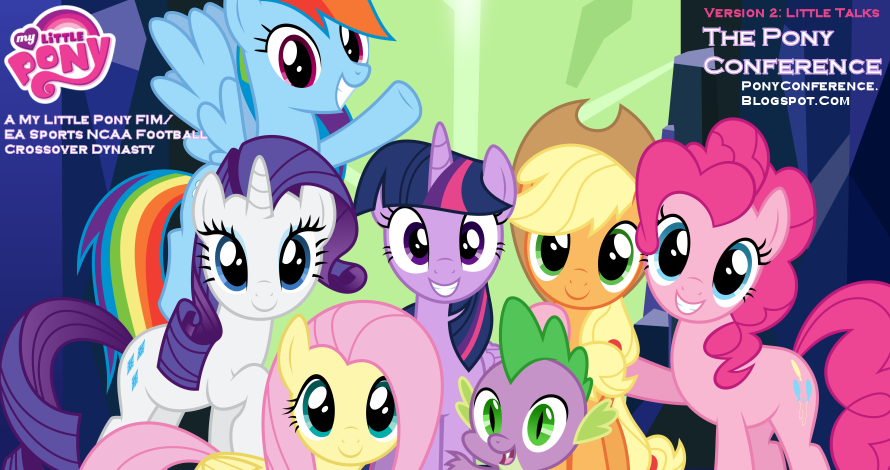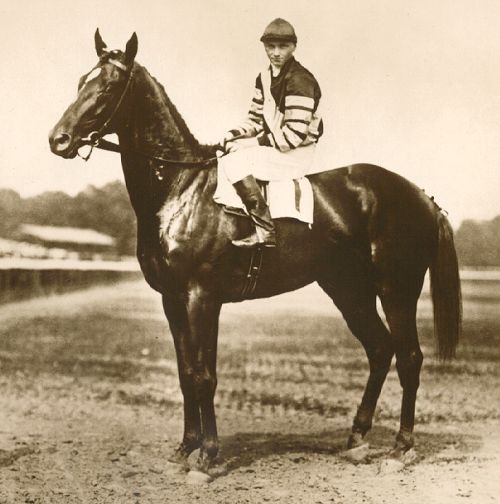Sunday, March 1, 2015
The Mystique of Man o' War
The Mystique of Man o' War
By Guillermo Ortega
The Daily Party
December 8, 2023
Man o' War, (Lexington, Kentucky, March 29, 1917 – Faraway Farm, November 1, 1947) is considered one of the greatest Thoroughbred racehorses of all time. During his career just after World War I, he won 20 of 21 races and $249,465 in purses. Man o' War was sired by the prominent Fair Play. His dam, Mahubah, was sired by U.K. Triple Crown Champion Rock Sand. Man o' War was owned and bred by August Belmont, Jr. (1851–1924), whose father's accomplishments were recognized through the naming of the Belmont Stakes. Belmont Jr. joined the United States Army at age 65 to serve in France during World War I. While he was overseas, his wife named a new foal "Man o' War" in honor of her husband. However, the Belmonts decided to liquidate their racing stable. At the Saratoga yearling sale in 1918, Man o' War was sold at a final bid of $5,000 (equivalent to $78,000 in 2015) to Samuel D. Riddle, who brought him to his Glen Riddle Farm near Berlin, Maryland. The underbidder at the auction was believed to be Robert L. Gerry, Sr.
Following his undefeated season of 11 straight wins, Man o' War traveled to Lexington, Kentucky, to enter at stud at Elizabeth Daingerfield's Haylands and later moved to Riddle's Faraway Farm. Man o' War was a top sire who produced more than 64 stakes winners and various champions. Though many believe that Riddle did not breed the stallion to enough good mares after the first five seasons, he still sired many leading horses. Man o' War sired American Flag and Crusader, who won successive Belmont Stakes in 1925 and 1926. Although there were no official champions in America at the time, both colts were generally considered the best three-year-old colts of their year, and Crusader was also largely accepted as the best racehorse of 1926. Among Man o' War's other famous offspring were 1929 Kentucky Derby winner Clyde Van Dusen, Battleship (who won the 1938 English Grand National steeplechase), and War Admiral, the 1937 Triple Crown winner and the second official Horse of the Year. Another of his offspring, Hard Tack, sired Seabiscuit, who was Horse of the Year in 1938. Man o' War's most successful sons at stud were War Admiral and War Relic, and War Relic's branch of the male line survives today. Tiznow, Honour and Glory, and Bertrando are also all sire-line descendants of Man o' War. According to Kent Hollingsworth, 37 per cent of stakes winners in 1966 were descendants of Man o' War. Despite not covering more than 25 mares in any season, Man o' War sired 379 named foals during 22 seasons at stud. His daughters kept Man o' War listed in the 10 leading broodmare sires list for 22 years.
Man o' War died on 1 November 1947 at age 30 of an apparent heart attack, a short time after his longtime groom, Will Harbut, died. He was originally interred at Faraway Farm, but in the early 1970s, his remains were moved to a new burial site at the Kentucky Horse Park, where his grave is marked with a statue by American sculptor Herbert Haseltine.
Man o' War was inducted into the National Museum of Racing and Hall of Fame in 1957. Soon after, the Man o' War Stakes was created in his honor. In the Blood-Horse magazine ranking of the top 100 U.S. Thoroughbred champions of the 20th Century, Man o' War was ranked No. 1. He was also ranked No. 1 by the Associated Press as the greatest horse of the 20th century in a separate poll. He was also ranked No. 1 greatest horse in racing history by Sports Illustrated (panel of 7) in 1992.
He has been the subject of four notable biographies: the first, Man o' War, by Page Cooper and Roger Treat, was published in 1950, and is a classic of its kind; Walter Farley, author of The Black Stallion series, also wrote a slightly fictional biography of Man o' War; in 2000, Bowen, Edward L. wrote a biography called Man o' War: Thoroughbred Legends from Eclipse Press; and in 2006, Dorothy Ours wrote a new, extensively sourced biography entitled Man o' War: A Legend Like Lightning. In 1925, Man o' War was seen in the film Kentucky Pride which was directed by John Ford.
In Sterling A. Brown's poem about Kentucky and an African American in pre-Civil Rights America, "Kentucky Blues" from "Southern Road," a reference is made to Man o' War. The poem discusses thoroughbred horses and other characteristics attributed to the state. According to Joey DeMaio, the heavy metal band Manowar was named after the horse.
Subscribe to:
Post Comments (Atom)


No comments:
Post a Comment